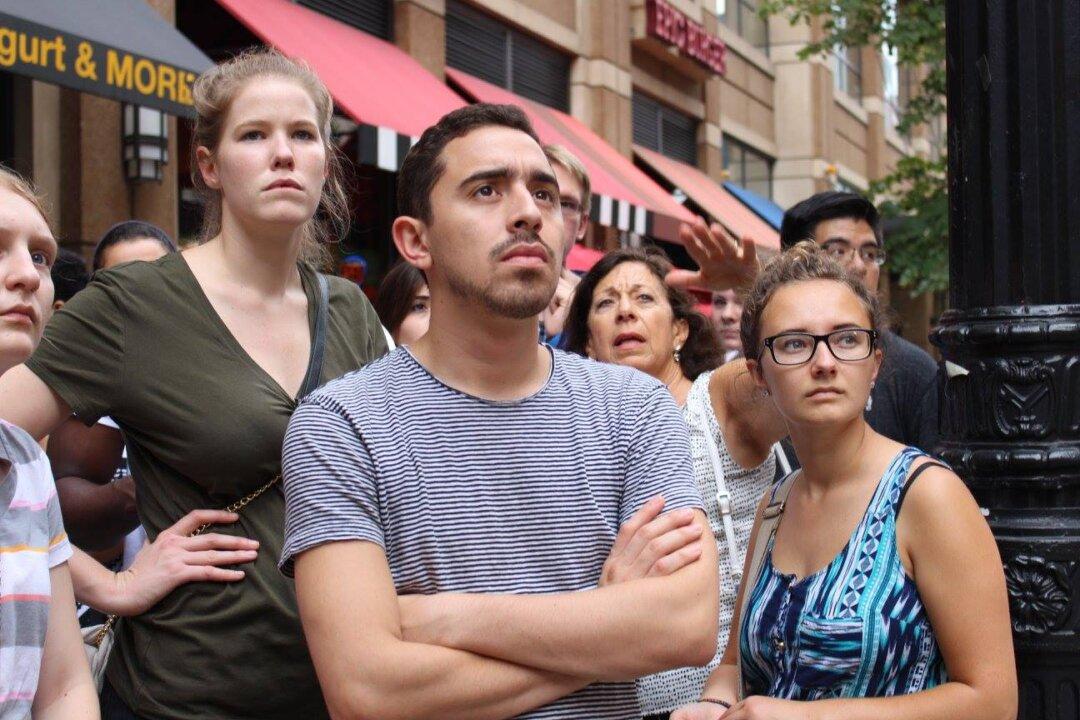We hear a lot of negative news these days about the state of our colleges and universities: low-bar requirements for admission, the abandonment of such survey courses as literature and U.S. history, grade inflation, professors with a leftist agenda, censorship, and of course, ever-rising tuition and fees.
Less noted is the dramatic decline in liberal arts majors. Fewer than one in 10 students now pursue a degree in the humanities. Lump together philosophy, history, English literature, and foreign languages, and in 2020, less than 4 percent earned their bachelor’s in one of these fields.






